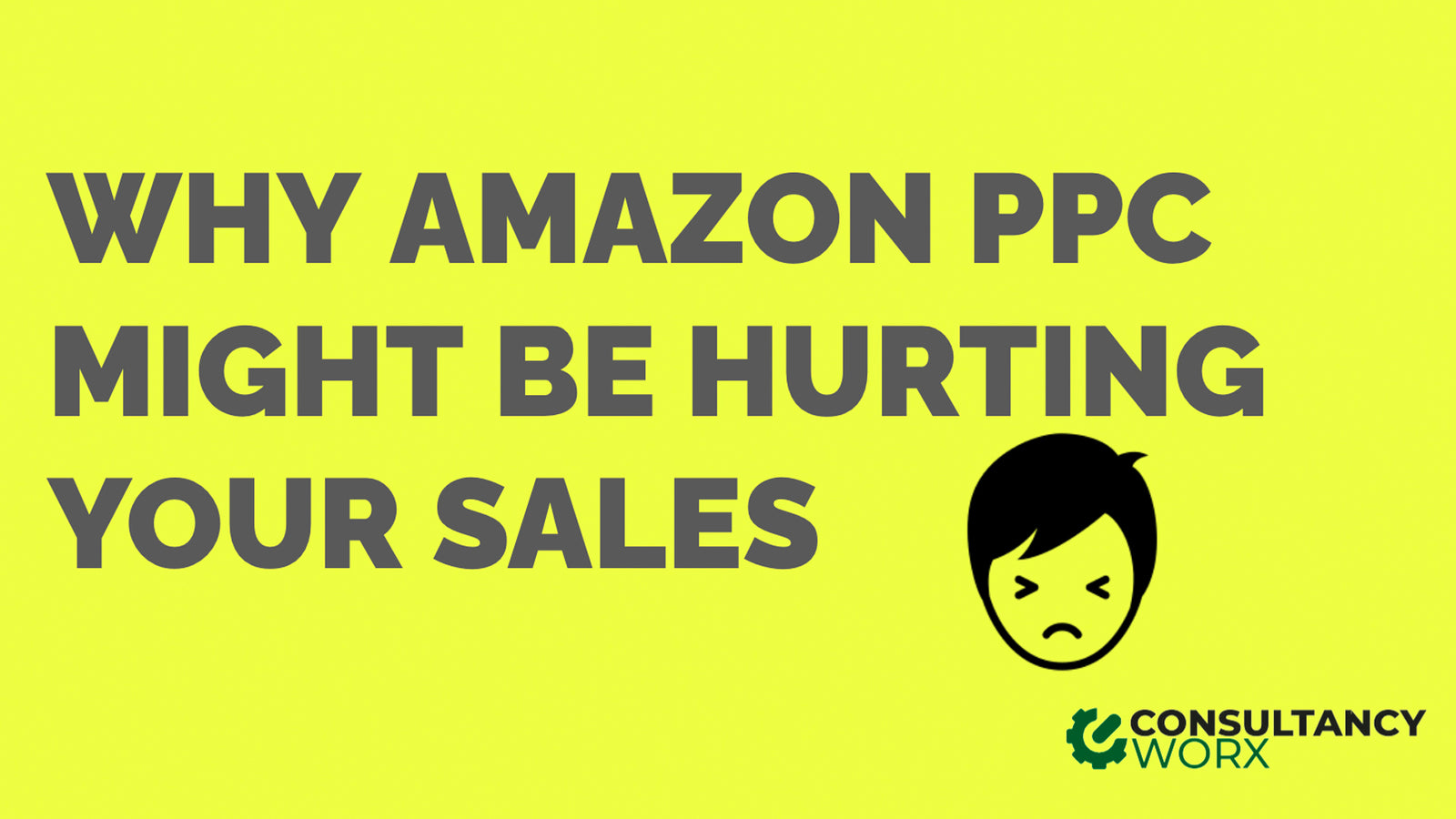
Amazon is the biggest eCommerce retailer in the world, and it's no secret that they are a major force to be reckoned with. This blog post will explore whether or not small brands should start selling on Amazon.
We will look at the pros and cons of selling on Amazon and discuss how to get started if you decide that selling on Amazon is right for your business.
Let's get started!

The market for Amazon is expected to be around 470 billion U.S. dollars by 2021. This is a testament to the company's continued dominance in the eCommerce industry and its aggressive expansion into new markets, such as grocery retailing.
Amazon's net sales amount to close to 470 billion U.S. dollars, projected to grow by over 20% in 2021. The company's profitability has also been rising, with an operating margin of 5% in 2016. This growth is due largely to Amazon's increasing online retail sales share, estimated at more than 50% in 2023.
Amazon is a great place for small businesses to start. It provides an easy way to get your products in front of a large audience and helps you build a brand.
Amazon also offers various services to help you grow your business. For example, it has a program called Fulfillment by Amazon that stores and ships your products for you. This program can be helpful if you need more resources to do it yourself.
However, you will need to know the costs associated with selling on Amazon. A new business will also need the help of an Amazon agency, such asConsultancy Worx, to help them navigate the complexities of Amazon's platform.
There are several benefits of selling on Amazon:
There are also some potential downsides to selling on Amazon:
Now that you know the pros and cons of selling on Amazon, it's time to take action. Here are some tips to help get you started:
By following these tips, you will be well on your way to running a successful business on Amazon. We atConsultancy Worx can help you navigate the complexities of Amazon's platform and maximize your potential. See our website for more details.
Overall, selling on Amazon can be a great way to increase sales and expand your business. However, it is important to keep in mind that there are also potential downsides.
Weigh the pros and cons carefully before making a decision. With the right strategy and help from experts, you can make it work for you!
So, should small brands start selling on Amazon? The answer is a resounding yes. It offers an opportunity to reach a larger audience, and Amazon can also help you grow your brand and increase sales.
However, before making the leap and investing your time and money into selling on Amazon, make sure to consult one of our experienced Amazon consultants at Consultancy Worx.
We can help you navigate the complex world of Amazon selling and ensure you're getting the most out of this powerful platform. Ready to get started?


